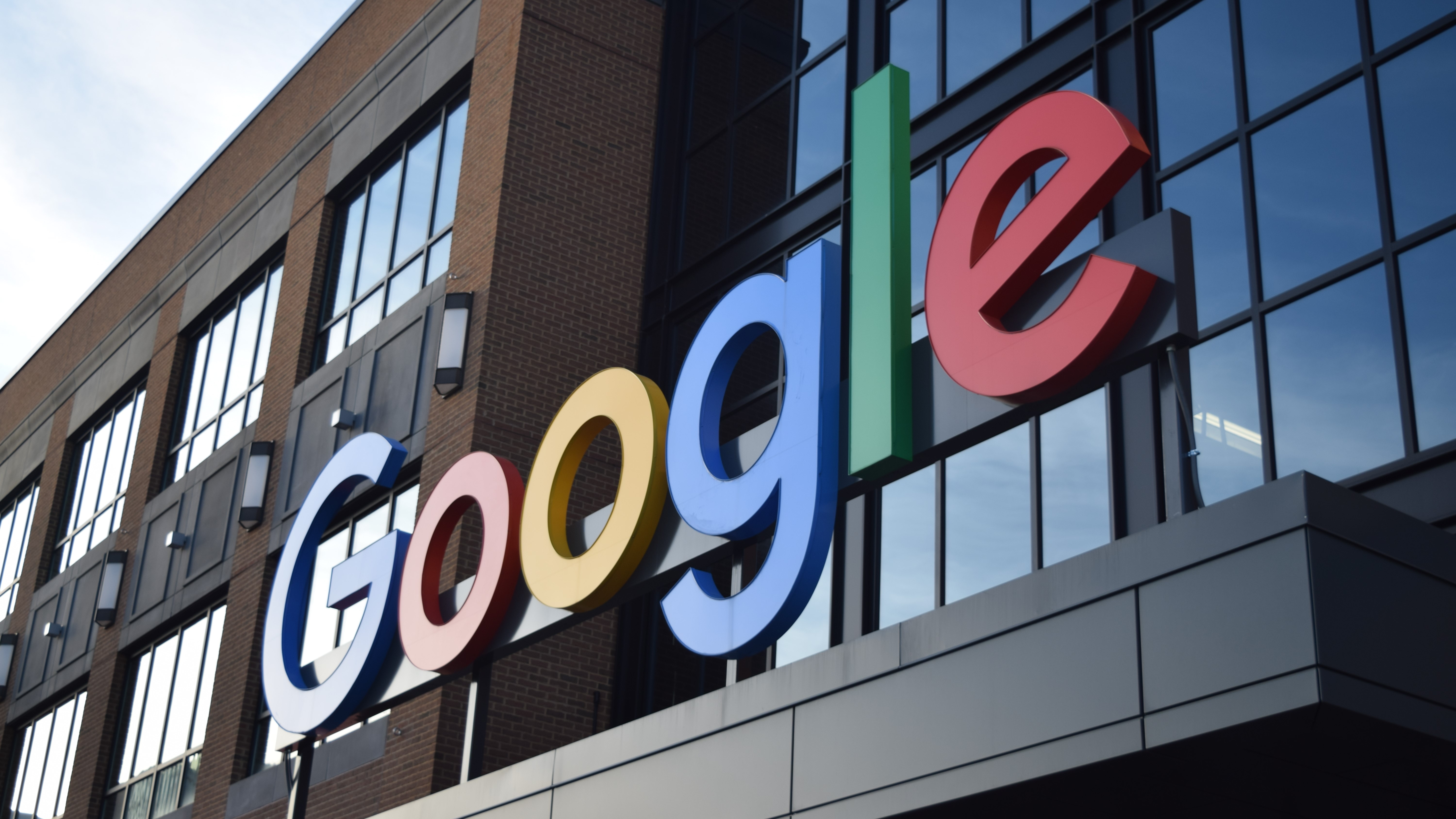Google is expanding its experiment of AI-generated answers ahead of search results to the UK - a new go-to for answers or a misstep?
Google takes its AI-powered Search experiment to the UK

Google is continuing its experimentation with its best-known staple, Google Search, with trials of AI-generated answers that will appear ahead of the usual list of results. It began by trying out its new plan on a limited number of results in the US, and now the trial is expanding to the UK.
The idea is for Google to provide AI-generated comprehensive written answers, providing an ‘overview’ at the top of selected search results. In the initial testing phase, this will only be visible to a small number of UK users who are logged into their Google accounts when using Search.
The AI-generated overviews will only appear as a part of certain search results, with Google now having a better idea based on its previous trials - which the company claims suggested that users found them helpful. Hema Budaraju, a senior director at Google of its Search Generative Experience (SGE) and one of the key drivers behind Google’s generative AI search efforts, spoke to the BBC about Google’s efforts and gave the example of "how to get marks off painted walls" as one where users had found the generated response useful.

Google's intentions going forward
This SGE experiment started nearly a year ago when Google allowed users to opt in to try the new Search experience via Google Labs. Users had to sign up and often wait a while for their chance to try Google’s newly proposed search results. That is, until recently, when Google decided to start showing AI-generated results to a small proportion of US user results without users opting in, and the development will now be trialed with a "small slice" of Google’s traffic from logged-in users in the UK.
A major concern that Google and other tech firms have to address when it comes to generative AI models is that it’s difficult to prioritize answers that are both human-sounding and completely factual. They can (and have been known to) generate content that can be offensive, harmful, biased, or just inaccurate.
Ms Budaraju stated that Google is focused on continuing to deliver “information quality,” and would "put in a lot of care and attention to do this in a responsible way.” She issued reassurances, saying that Google is adopting an approach that will see more constrained answers, even at the cost of fluency, to prioritize accuracy in search responses.
She explained that if there weren’t enough high-quality sources on a certain topic, Google Search would probably not generate an AI answer for queries relating to it.
Get daily insight, inspiration and deals in your inbox
Sign up for breaking news, reviews, opinion, top tech deals, and more.
She also solidified that Google is approaching this as an experiment, and welcomes user feedback if they’re met with unsatisfactory results. "We will find issues of bias and safety, but the commitment is to find [these] and then invest in making it better,” she told the BBC.

What the future of Search looks like
Google isn’t the first tech company to integrate AI into its search engine, with Microsoft rolling out its Copilot AI chatbot and assistant for Bing, which it intends to become as fundamental to its overall user experience as many of its other staple products.
Naturally, publishers and other companies that create online content are concerned about how this will affect traffic to their websites. If users’ curiosities and questions are satisfied with the longer-form SGE text answers, they might not feel the need to investigate further and check the actual websites Google is sourcing its information. Personally, I would always urge you to check the information that generative AI tools produce, which is why I think it would be great if the SGE results included consistent links to sources.
Ms Budaraju again reassured those concerned about traffic to their sites that the new search results would continue to display links and ads, reinforcing Google’s denial that it was considering an ad-free search experience. She said that Google would place importance on sending traffic to creators, and even stated that the AI results actually provided users a wider range of sources to check out. She followed this up by claiming that Google’s new approach actually led to users clicking a wider range of sources than before.
Google has apparently been seeing a positive reception to its AI search results experiments from users so far - but it’s early days. The AI-generated responses have only been shown to a proverbial handful of users relative to the number of people who use Google Search on a daily basis. If and when Google adopts this as a standard practice when it comes to Search, it will likely encounter new challenges. I hope that Google will consider making this new style of search opt-in (or at least, opt-out). Although, who knows? Google has decades of knowledge and experience in building products that users make a part of their everyday lives - maybe it’s right about this, too.
YOU MIGHT ALSO LIKE...
Kristina is a UK-based Computing Writer, and is interested in all things computing, software, tech, mathematics and science. Previously, she has written articles about popular culture, economics, and miscellaneous other topics.
She has a personal interest in the history of mathematics, science, and technology; in particular, she closely follows AI and philosophically-motivated discussions.